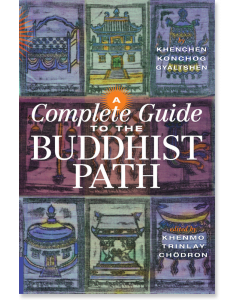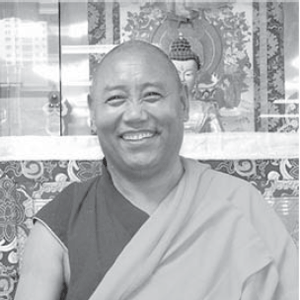Khenmo Trinlay Chodron
Khenmo Trinlay Chödron is a senior student of Khenchen Rinpoche. She teaches at the Tibetan Meditation Center in Fredrick, Maryland, as well as at affiliated centers in the United States and Sweden.
-
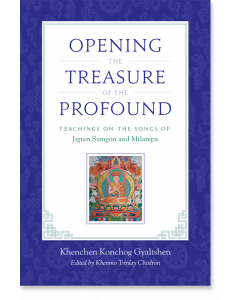 Opening the Treasure of the Profound$26.95- Paperback
Opening the Treasure of the Profound$26.95- Paperback -
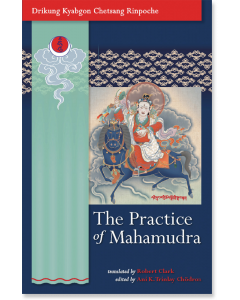 The Practice of Mahamudra$27.95- Paperback
The Practice of Mahamudra$27.95- Paperback -
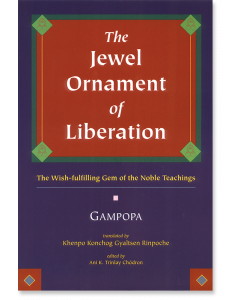 The Jewel Ornament of Liberation$39.95- Paperback
The Jewel Ornament of Liberation$39.95- Paperback

